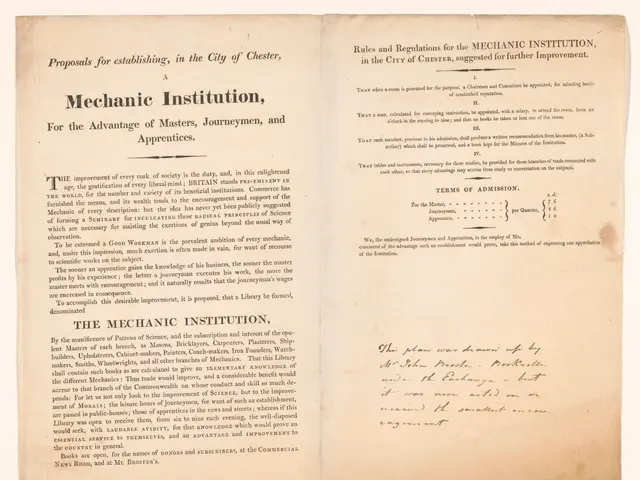Maulana Abul Kalam Azad’s enduring legacy in shaping India’s education system
Today marks the birth anniversary of Maulana Abul Kalam Azad, India's first Minister of Education. Born in 1888, he dedicated his life to education and freedom, leaving an indelible mark on India's educational landscape.
Azad, born in Saudi Arabia, received his education from Al Azhar University. He went on to become a senior leader of the Indian National Congress (INC), serving as its President and playing a pivotal role in India's independence movement. Azad believed education was vital for individual and national growth.
In 1947, he became India's first Minister of Education. Under his guidance, numerous educational bodies were established, including the All India Council for Technical Education (AICTE) and the University Grants Commission (UGC). He also laid the foundation for the first Indian Institute of Technology, IIT Kharagpur. Other institutions like the Indian Council for Cultural Relations (ICCR), Lalit Kala Academy, and the Council of Scientific and Industrial Research (CSIR) were also established under his leadership.
In recognition of his contributions, the Government of India declared November 11 as National Education Day in 2008. Azad was also awarded the Bharat Ratna, India's highest civilian award, in 1992. Today, his legacy continues through the numerous educational institutions he helped establish, shaping the future of India's youth.
Read also:
- Executive from significant German automobile corporation advocates for a truthful assessment of transition toward electric vehicles
- Crisis in a neighboring nation: immediate cheese withdrawal at Rewe & Co, resulting in two fatalities.
- United Kingdom Christians Voice Opposition to Assisted Dying Legislation
- Democrats are subtly dismantling the Affordable Care Act. Here's the breakdown






